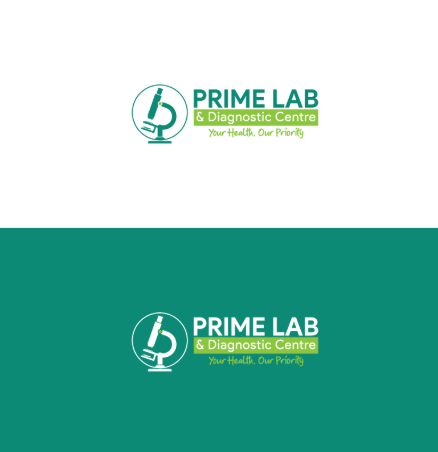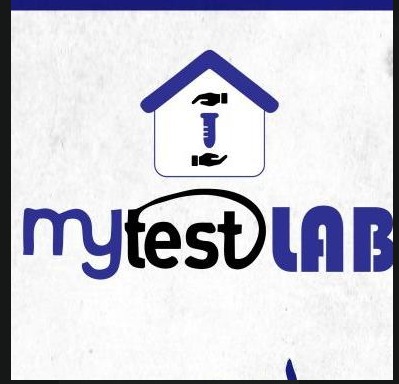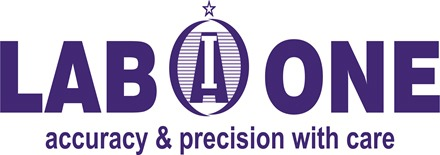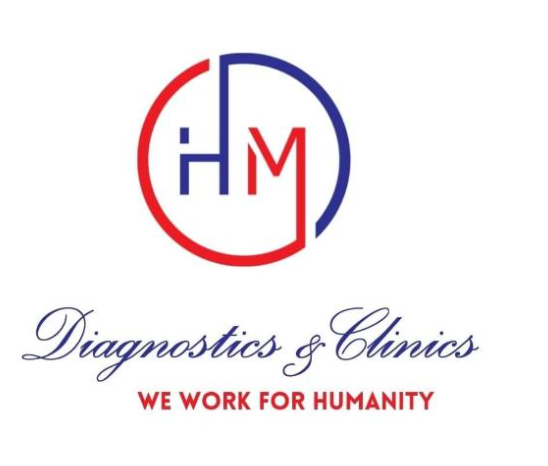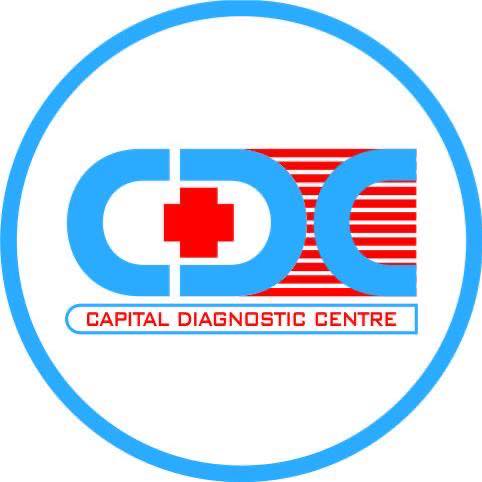Blood Urea Nitrogen (BUN) 36 Labs Available
Rs. 520
Rs. 650
20% off
Rs. 480
Rs. 600
20% off
Rs. 552.5
Rs. 650
15% off
Rs. 640
Rs. 800
20% off
Rs. 525
Rs. 700
25% off
Rs. 412.5
Rs. 550
25% off
Rs. 288
Rs. 360
20% off
Rs. 560
Rs. 700
20% off
Rs. 612
Rs. 720
15% off
Rs. 562.5
Rs. 750
25% off
Rs. 480
Rs. 600
20% off
Rs. 600
Rs. 750
20% off
Rs. 680
Rs. 800
15% off
Book Lab Tests Near You
Lab Tests in Karachi
Lab Tests in Lahore
Lab Tests in Islamabad
Lab Tests in Rawalpindi
Lab Tests in Sargodha
Lab Tests in Multan
Lab Tests in Gujranwala
Lab Tests in Sialkot
Lab Tests in Sahiwal
Lab Tests in Peshawar
Lab Tests in Bahawalpur
Lab Tests in Faisalabad
Lab Tests in Taxila
Lab Tests in Wah Cantt


